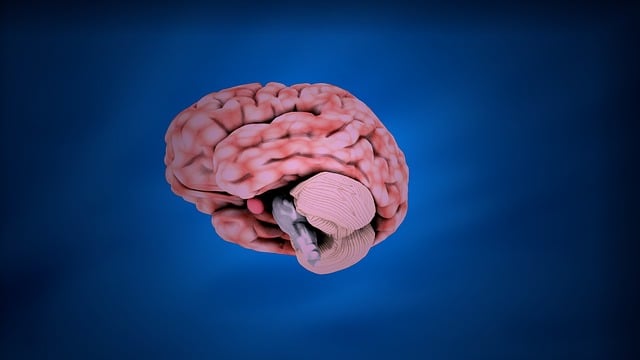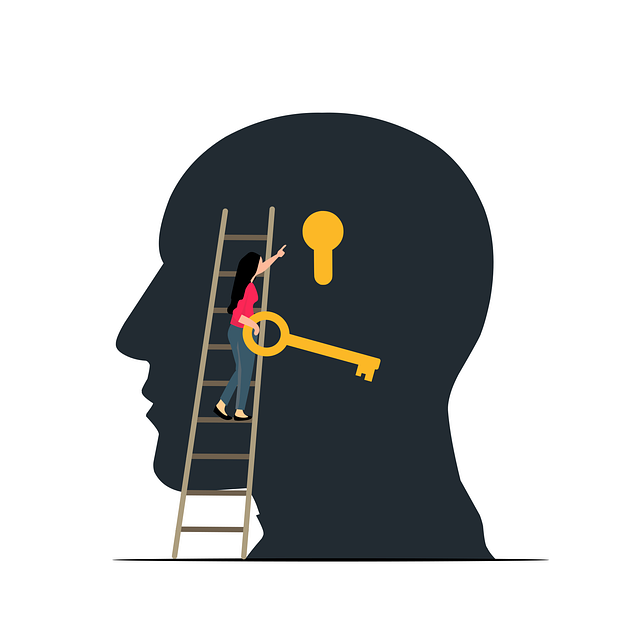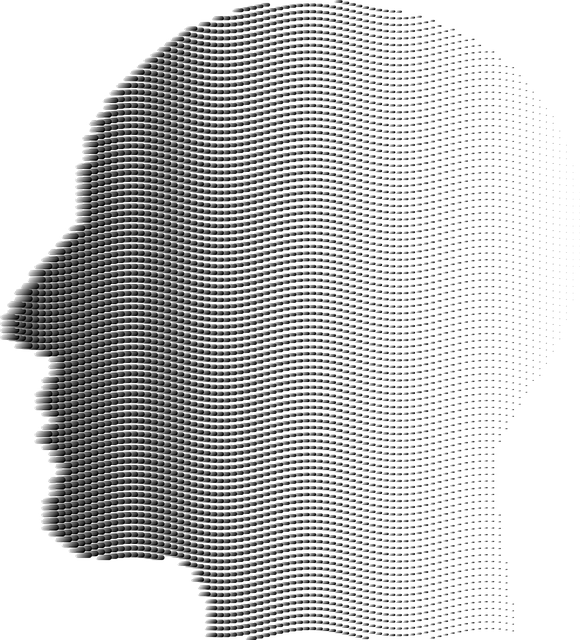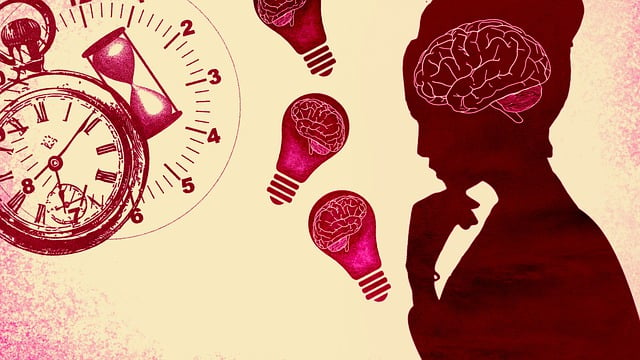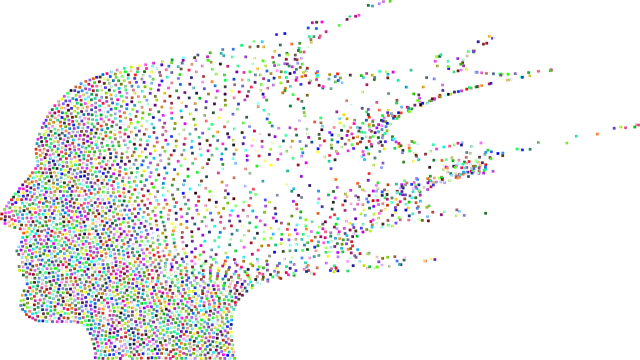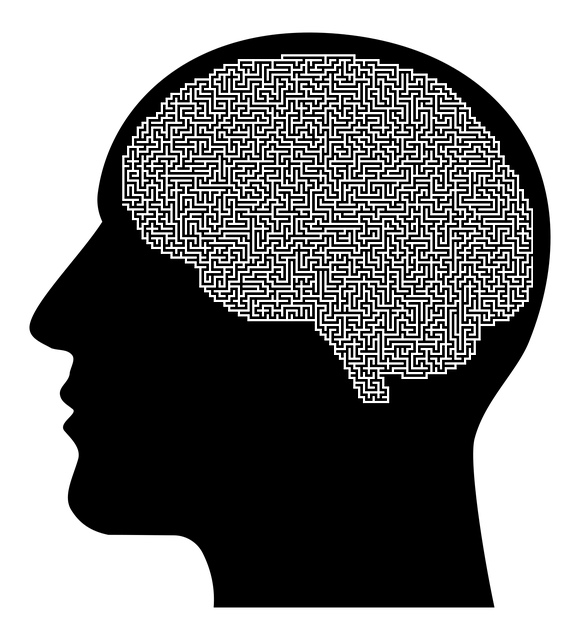Mood regulation through evidence-based practices like Cognitive Behavioral Therapy (CBT), mindfulness, and lifestyle adjustments is vital for mental health, particularly in managing conditions like psychosis. Boulder Psychosis Therapy offers CBT, mindfulness guidance, and holistic support to empower individuals to control emotional responses, reduce symptoms, and improve overall well-being by addressing biological, psychological, and social factors.
In today’s fast-paced world, effective mood regulation strategies are essential for maintaining mental well-being. This comprehensive guide explores various techniques to help you navigate and manage your emotions effectively. From cognitive behavioral therapy (CBT) as a powerful tool for mood management to mindfulness practices for calming the mind, we delve into lifestyle adjustments, nutrition, exercise, sleep, and the importance of support systems and professional help. Discover how Boulder psychosis therapy offers valuable insights for overcoming mood disorders and achieving a more balanced life.
- Understanding Mood Regulation and its Significance
- Cognitive Behavioral Therapy (CBT): A Powerful Tool for Mood Management
- Mindfulness Practices for Calming the Mind
- Lifestyle Adjustments: Nutrition, Exercise, and Sleep
- Support Systems and Professional Help: Overcoming Mood Disorders Together
Understanding Mood Regulation and its Significance

Understanding Mood Regulation and its Significance
Mood regulation is a critical component of mental well-being, encompassing the ability to manage and adapt to varying emotional states. It involves a complex interplay between biological, psychological, and social factors, enabling individuals to navigate life’s challenges with resilience. Effective mood regulation strategies are essential for maintaining overall health and quality of life, especially in mitigating symptoms associated with conditions like Boulder Psychosis Therapy.
By adopting evidence-based practices such as Stress Management and Emotional Regulation techniques, individuals can gain a deeper sense of control over their emotional responses. This proactive approach not only helps to prevent the exacerbation of psychological disorders but also fosters Anxiety Relief, promoting a more balanced and fulfilling life.
Cognitive Behavioral Therapy (CBT): A Powerful Tool for Mood Management

Cognitive Behavioral Therapy (CBT) is a highly effective tool in the arsenal of mood regulation strategies. This evidence-based approach focuses on identifying and changing negative thought patterns and behaviors, helping individuals gain control over their emotions and improve overall mental wellness. By working with a qualified Boulder psychosis therapy professional, clients learn to challenge distorted thinking, develop healthier coping mechanisms, and enhance their problem-solving skills.
CBT isn’t just about managing symptoms; it empowers individuals to understand the connection between thoughts, feelings, and behaviors, fostering long-term mental resilience. This can be particularly beneficial for those struggling with anxiety, depression, or other mood disorders. Additionally, techniques like Mental Wellness Journaling Exercise Guidance and Social Skills Training, often integrated into CBT, offer valuable risk management planning for mental health professionals, promoting holistic care and improved quality of life for their clients.
Mindfulness Practices for Calming the Mind

In today’s fast-paced world, mindfulness practices have emerged as a powerful tool for calming the mind and regulating moods. Boulder Psychosis Therapy integrates these techniques into their therapeutic approach to help individuals cultivate mental wellness. Mindfulness involves paying attention to the present moment without judgment, allowing individuals to observe their thoughts and emotions without getting caught up in them. This simple yet profound practice has been shown to reduce stress, anxiety, and depression, fostering a sense of inner peace and stability.
By incorporating mindfulness into daily routines, one can enhance mental health and resilience. It encourages a shift from reactive thinking to conscious awareness, enabling individuals to make more thoughtful decisions. Moreover, this ancient practice complements the latest research in Mental Health Policy Analysis and Advocacy, Positive Thinking, and even informs the production of popular Mental Wellness Podcast Series. Through mindfulness, people can navigate life’s challenges with greater clarity and composure, ultimately improving their overall well-being.
Lifestyle Adjustments: Nutrition, Exercise, and Sleep

Maintaining a balanced mood is strongly influenced by our daily choices in lifestyle adjustments. Nutrition plays a significant role; incorporating foods rich in omega-3 fatty acids, vitamins B and D, and magnesium can support brain health and emotional well-being. The Boulder Psychosis Therapy approach encourages clients to explore personalized dietary needs for optimal mental balance.
Regular exercise is another powerful tool for mood regulation. Physical activity stimulates the release of endorphins, often referred to as “feel-good” hormones, which can reduce stress and improve overall mood. Additionally, consistent sleep patterns are crucial; adequate rest allows the brain to consolidate memories and regulate emotions effectively. Mental Health Policy Analysis and Advocacy organizations emphasize the importance of prioritizing these lifestyle factors in comprehensive stress management workshops, aligning with risk management planning for mental health professionals.
Support Systems and Professional Help: Overcoming Mood Disorders Together

Having a strong support system is vital when navigating mood disorders. Family, friends, and peers can play a crucial role in recovery by offering empathy, understanding, and practical help. Encouraging open communication and fostering an environment of non-judgement allows individuals to share their feelings and concerns freely. This support network can provide comfort during challenging times and act as a source of motivation and accountability.
Professional assistance is another critical aspect of managing mood disorders effectively. Boulder Psychosis Therapy, for instance, offers specialized services tailored to address various mental health concerns. Therapists employ evidence-based practices and empathy building strategies to help individuals gain insights into their emotions and behaviors. In conjunction with support from loved ones, professional help empowers people to develop coping mechanisms, enhance resilience, and lead fulfilling lives despite the challenges posed by mood disorders. This combination of personal and professional support is key to overcoming mental health struggles and promotes a holistic approach to well-being, especially in addressing burnout prevention strategies for healthcare providers.
In navigating the intricate landscape of mood regulation, it’s clear that a multifaceted approach is key. From cognitive behavioral therapy, which empowers individuals to challenge negative thought patterns, to mindfulness practices for cultivating present-moment awareness, each strategy offers a unique piece of the puzzle. Lifestyle adjustments, including nutritious eating, regular exercise, and adequate sleep, further reinforce emotional stability. Recognizing when professional help is needed, such as that offered by Boulder psychosis therapy experts, ensures individuals have access to comprehensive support systems. By combining these evidence-based methods, folks can better manage their moods, enhance overall well-being, and lead more fulfilling lives.



